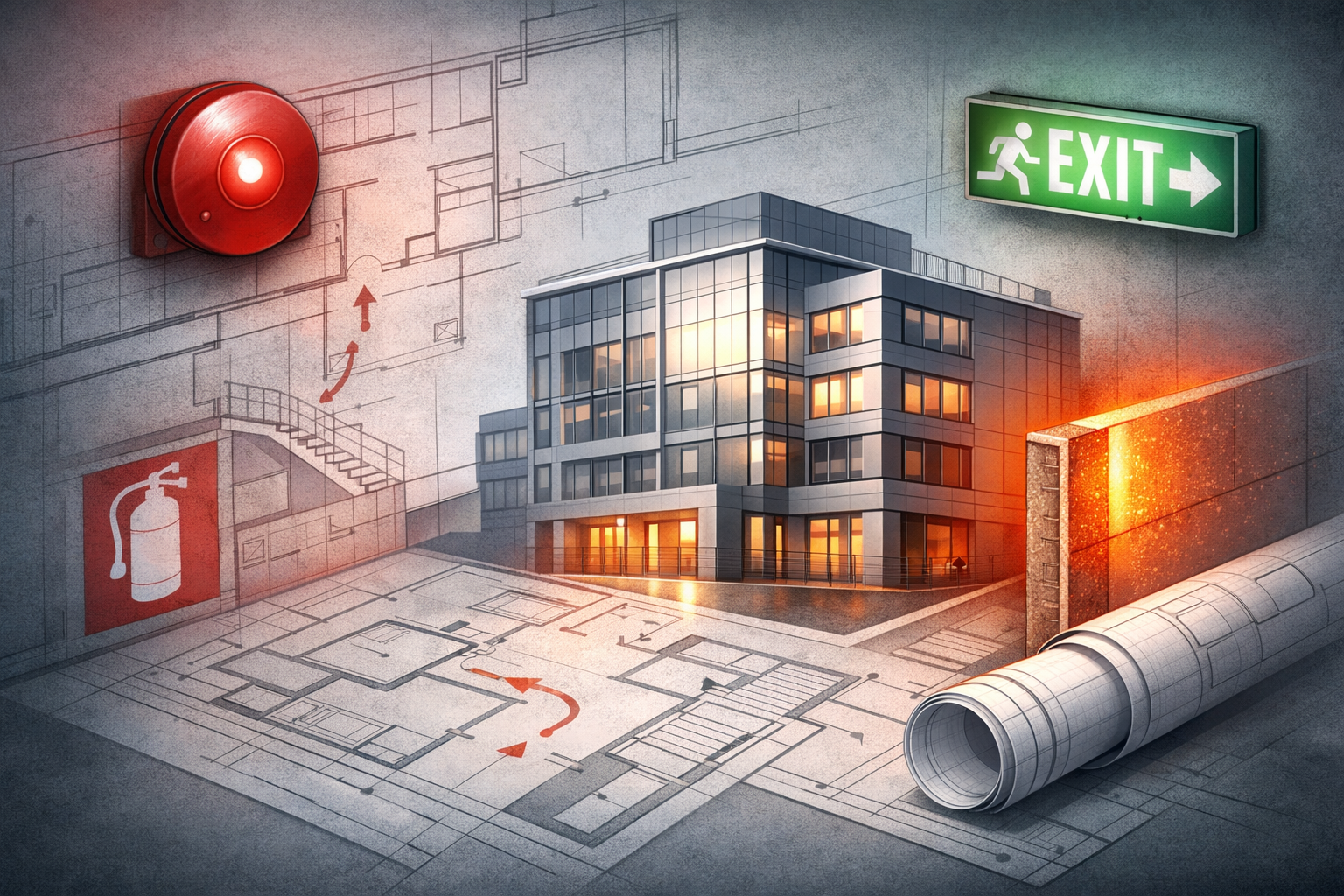
Electrical Fire Safety: The Best Methods for Extinguishing Flames
Electrical fires are a serious concern for both residential and commercial properties. Understanding how to prevent and extinguish these types of fires is crucial for ensuring safety. In this blog, we’ll guide you through the best methods for extinguishing electrical fires and provide essential tips for electrical fire prevention.
What Causes an Electrical Fire?
An electrical fire can occur when electrical equipment overheats, faulty wiring sparks, or an appliance malfunctions. These fires are particularly dangerous because they can spread quickly and are often hidden behind walls or inside equipment, making early detection difficult. Ensuring that your wiring and appliances are in good working condition is an essential step in electrical fire prevention. To further protect your home or business from hazards, consider learning about common electrical issues that require professional attention.
How to Identify an Electrical Fire
One of the first signs of an electrical fire is the smell of burning plastic or rubber. You may also notice flickering lights, discoloured outlets, or sparks. If you suspect an electrical fire, it’s crucial to act quickly and safely.
What Type of Extinguisher Should You Use?
It’s important to remember that not all fire extinguishers are suitable for electrical fires. Using the wrong extinguisher could make the situation worse. The safest option is an electrical fire extinguisher, also known as a Class C or CO2 extinguisher. These are designed specifically for electrical fires, helping to smother the flames without conducting electricity.

Best Methods for Extinguishing Electrical Fires
- Shut Off the Power
If safe to do so, turn off the power supply to the affected area. This will prevent the fire from spreading and reduce the risk of electrocution.
- Use a CO2 or Dry Powder Extinguisher
A CO2 extinguisher is your best option for an electrical fire, as it doesn’t leave any residue and won’t cause additional damage to electrical equipment. Dry powder extinguishers are also effective but can leave a mess behind. Remember, water-based extinguishers should never be used on an electrical fire, as water conducts electricity and could cause further harm. Fire extinguishers should only be operated by individuals who have received proper training to ensure the fire is extinguished safely and effectively.
- Use Fire Blankets for Small Fires
If the electrical fire is small and localised, and you can’t reach a fire extinguisher, you can use a fire blanket to smother the flames. This is particularly useful for small fires caused by electrical appliances. Ensure the fire blanket is fire-resistant and certified for use on electrical fires.
- Avoid Using Water
As tempting as it may be to try and douse the flames with water, never use water on an electrical fire. Water is a conductor of electricity, and applying it to electrical flames could result in severe electric shock or the fire spreading further. Always opt for a dedicated electrical fire extinguisher instead.
- Call Emergency Services
If the fire is too large to handle or you are unsure, evacuate the area immediately and contact emergency services. Even if you successfully extinguish the fire, it’s essential to have professionals inspect the area to ensure the fire is completely out and the electrical system is safe.
Electrical Fire Prevention Tips
While it’s crucial to know how to respond in the event of an electrical fire, preventing one from occurring in the first place is even more important. Here are some electrical fire prevention tips to keep your home or workplace safe:
- Regular Electrical Inspections: Schedule regular inspections to ensure your wiring, outlets, and appliances are in good working order.
- Avoid Overloading Circuits: Overloading electrical outlets can cause them to overheat and spark an electrical fire.
- Install Circuit Breakers: Modern circuit breakers can detect electrical faults and automatically cut the power, reducing the risk of a fire.
- Unplug Appliances When Not in Use: If an appliance overheats or malfunctions while plugged in, it could cause an electrical fire. Always unplug appliances when they’re not in use.

Final Thoughts
Electrical fire safety is something that no home or business should overlook. By understanding how to use an electrical fire extinguisher and following basic electrical fire prevention practices, you can significantly reduce the risk of a fire. Stay safe, and if in doubt, always consult a professional electrician. For more detailed tips on keeping your electrical systems safe, check out our guide on improving electrical safety.
If you need assistance with any of your electrical systems, be sure to contact Highland Services today!




.png)